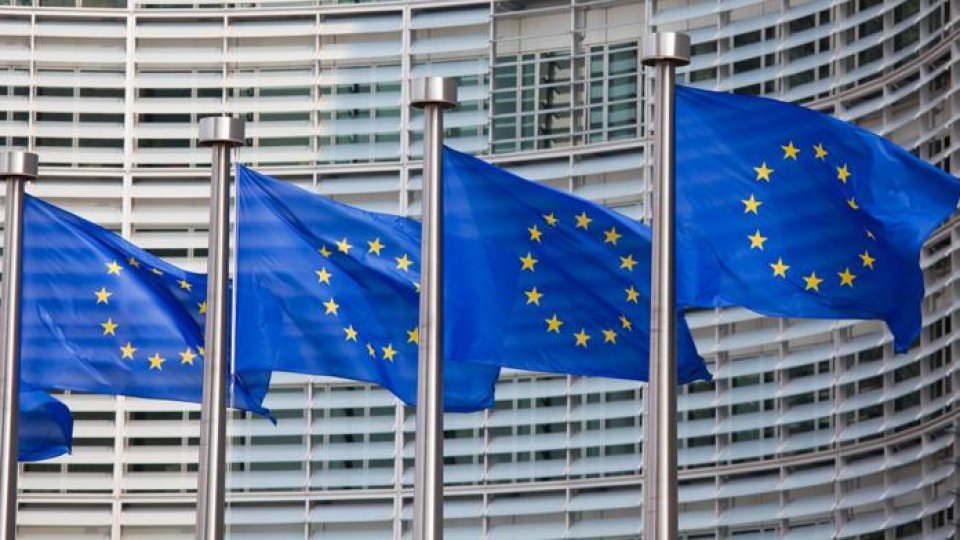EU: Funding for migration, border and security policies
Partial general approaches agreed by the Council will serve as basis for future negotiations with the European Parliament.

10 Iunie 2019, 00:17
European Union is increasing the scope of its support for measures in the fields of migration, border management and security, in order to help address growing challenges. EU Council reached, on 7 June, partial general approaches on three sectoral home affairs proposals in the context of the Multiannual Financial Framework (MFF) for the period 2021-2027. Budget-related and horizontal issues which are currently being discussed as part of negotiations on EU's next MFF, as well as issues clearly linked to the common European asylum system reform package, fall outside the scope of the agreements.
Sectoral Home Affairs proposals are:
• asylum and migration fund, which will provide support to Member States in their management of asylum and migration. Partial general approach equips EU with the necessary tools to respond to evolving migration challenges, both within the EU and in cooperation with other countries.
• instrument for financial support for border management and visa, which will ensure a strong and effective integrated border management at EU's external borders. Partial general approach reflects recent developments such as planned expansion of the European Border and Coast Guard, modernization of common visa policy and development and interoperability of large-scale IT systems (including European travel information and authorization system, and entry exit system)
• internal security fund, which supports prevention and coordination between police, judicial and other competent authorities to protect citizens. Partial general approach builds on existing fund and adapts it to new developments such as the need to intensify fight against terrorism, serious and organized crime and cybercrime.
Overall, the three Council negotiating positions enlarge scope of the support initially proposed by European Commission for the policy areas concerned. List of eligible actions and measures has been improved and some limiting percentages have been either removed or increased. It is proposed that high priorities such as projects in third countries to tackle high migratory pressure, fight against cybercrime and interoperability of IT systems should benefit from a higher co-financing rate.
Agreed texts allow for synergies with other EU funds in the field of integration, as well as on the use of multipurpose equipment, including ICT systems. Role of EU agencies, such as Europol or Frontex, during programming phase has been defined more clearly. For all comitology decisions, where the Commission is granted implementing powers, examination procedure has been proposed, which allows for a qualified majority of Member States to decide adoption or rejection of an implementing act.
Next steps
Partial general approaches agreed by the Council will serve as basis for future negotiations with the European Parliament.
Background
On 13 June 2018, as part of next Multiannual Financial Framework (MFF) package, European Commission issued three sectoral proposals in the area of Home Affairs. Drawing from lessons learned, and taking into account new policy developments, Commission proposed a significant reinforcement of EU budget in the areas of migration, borders and security.
Source:Romania2019.eu, EU Council Press Center














